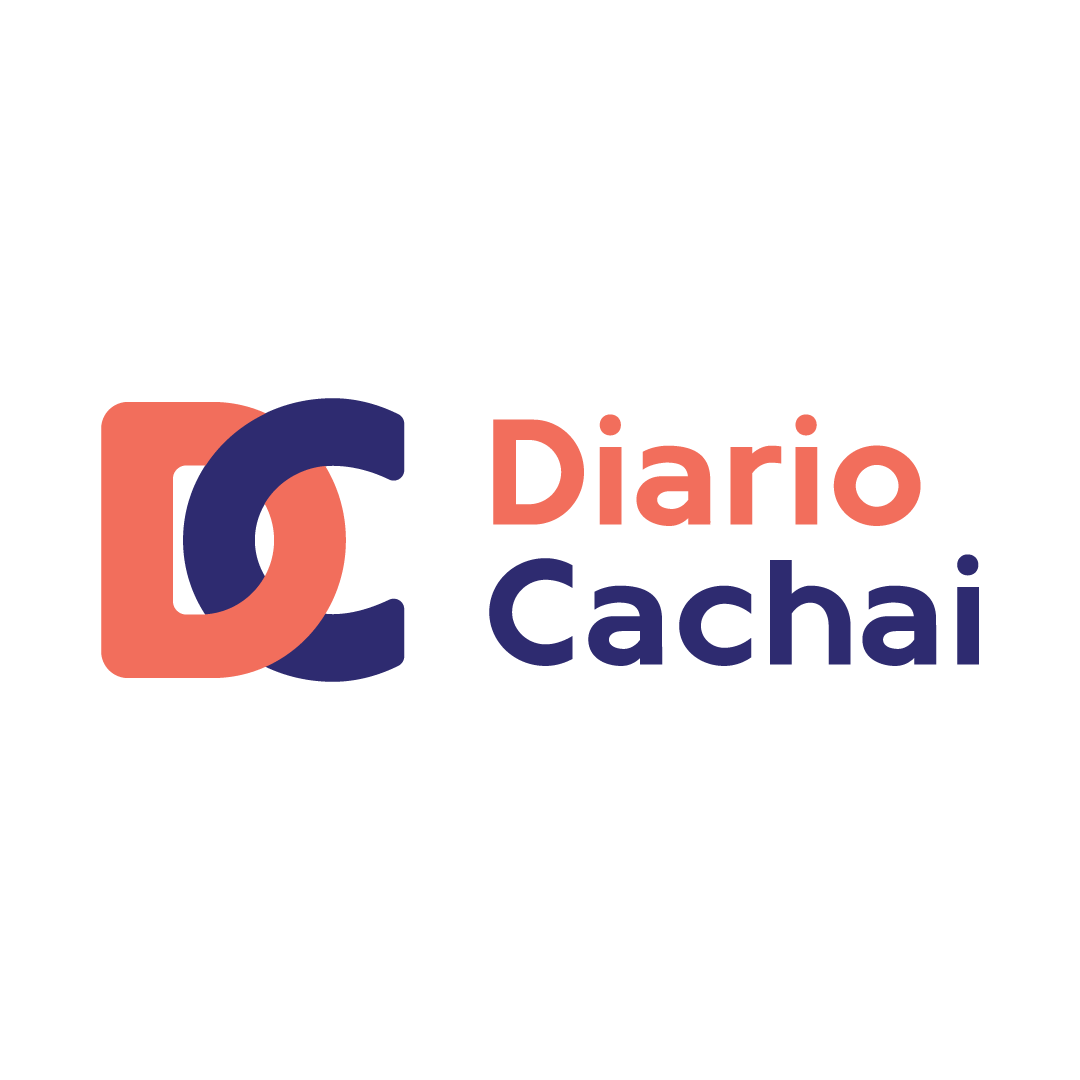Original article: Repudian intento de la Fiscalía de espiar a 11 periodistas y sus fuentes asociadas al caso Hermosilla
The prosecutor’s attempt to spy on journalists during the investigation into the «Hermosilla case» has raised alarm within the journalism community and academia. The request, initiated by Paulina Díaz, head of the High Complexity Unit at the Prosecutor’s Office of the West, sought access to call logs, geolocation data, and traffic details of 11 reporters to identify their sources.
The College of Journalists expressed its «strongest condemnation» and warned that such measures threaten fundamental rights and international treaties. Additionally, it praised the 4th Guarantee Court and the Court of Appeals of Santiago for rejecting the request, emphasizing that journalists «are considered third parties or witnesses» and that there was no «minimum conviction» to justify such intrusive actions.
The list of targeted journalists includes Francisca Skoknic (La Bot), Gabriela Pizarro (former The Clinic, now at CIPER), Nicolás Cerpa (former The Clinic), Leslie Ayala (La Tercera), Paulina Toro (CIPER), Catalina Olate (CIPER), Benjamín Miranda (CIPER), Francisca Soto (CIPER), Daniel Meza (CIPER), Macarena Segovia (CIPER), and Nicolás Sepúlveda (former CIPER, now at Reportea).
Press Freedom and Professional Secrecy: Legal Framework at Stake
The College emphasized that the request violates the confidentiality of sources, a fundamental principle of journalism and the rule of law. The professional secrecy, enshrined in Law No. 19.733, protects journalists against pressure to disclose confidential information, even in judicial settings.
From the academic world, professors from the School of Journalism and the Faculty of Communication and Image at the University of Chile expressed their «deepest alarm and rejection» regarding the actions of the Western Prosecutor’s Office, which they believe «seriously undermine the fundamental principles of journalism and the rule of law in Chile». Reportedly, they termed the repeated attempt to obtain «confidential and highly intrusive communication data» as «unacceptable» and a «direct and blatant violation of current legislation and democratic guarantees». The statement further asserts that the action «not only contravenes but shows contempt for what is established in Chilean Press Law».
Article 7 of the Press Law
The FCEI explicitly recalled the Article 7 of the law (2001): journalists «have the right to maintain confidentiality concerning their informative source, which extends to the materials in their possession and may not be compelled to disclose it even judicially». It emphasized: «This principle is an essential pillar for the practice of journalism, particularly investigative journalism, which can only thrive when sources feel secure to expose the truth without fear of retaliation».
Why It Matters: Upholding Democratic Standards
The attempt by the Prosecutor’s Office to spy on journalists was not just about collecting metadata; it set a precedent that intimidates journalistic work and deters future sources from discussing matters of public interest. The judicial rejection—due to lack of «minimal conviction»—reaffirms that criminal prosecution cannot violate constitutional guarantees or undermine the right to inform.
As noted by the College, such surveillance measures undermine the social function of journalism and erode the citizen’s right to receive truthful, pluralistic, and timely information. The message from the journalism community is simple: #InformingIsNotACrime.



